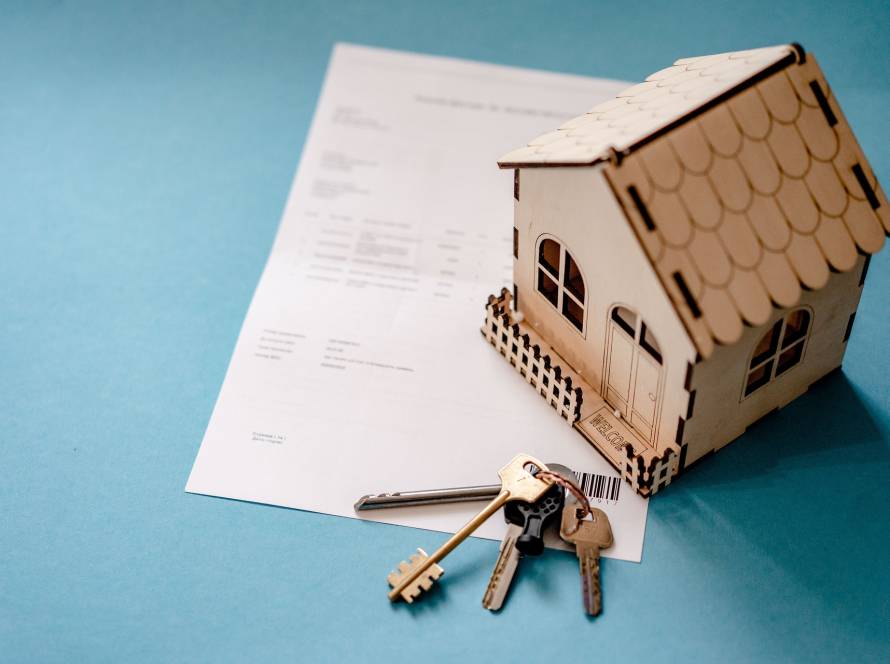When it comes to rental properties, one thing many people are unclear about is who is responsible for repairs. Both tenants and landlords want the same thing: protecting the rental unit without paying for repairs that aren’t their responsibility. The lease agreement can shed some light on these responsibilities, but its terms often don’t go into enough detail.
If you’re struggling with this question yourself, we can help you make sense of it! Read on for a quick guide on repair responsibilities in rental properties.
When Should a Landlord Pay for Repairs?
In general, landlords are responsible for ensuring a rental property is in a safe and livable condition. In most states, this is covered by a legal principle known as the implied warranty of habitability. Even if the lease doesn’t state this warranty explicitly, it’s implied in the terms. According to this law, here are some common repairs a landlord is responsible for:
- Pest infestation
- Visible mold
- Broken locks
- Heating issues
- Electrical issues
- Plumbing issues
- Structural damage
- Broken appliances
For each of the above issues, the landlord will have a certain amount of time to correct them. The exact amount of time will depend on their state’s laws. Oftentimes, it’s enough to recognize the urgency of the situation to decide how quickly they’ll need to remedy it. For instance, if the issue makes the unit uninhabitable (like a flood), they’ll need to respond within 24 hours.
If the landlord declines to make the necessary repairs, the tenant can provide them with a repair notice. If this doesn’t resolve the issue, the tenant can seek legal action, stop paying rent, or decide to move out. Before taking these steps, it’s advisable to consult with a lawyer.
When Should a Tenant Pay for Repairs?
Though landlords are responsible for most rental property repairs, they shouldn’t be responsible for all of them. In general, tenants should pay for minor inconveniences and repairing damage they incurred themselves. Some common repairs tenants should pay for are:
- Burnt-out lightbulbs
- Damages caused by tenants
- Damages caused by the tenant’s guests
- Damages caused by pets
- Smells and stains caused by smoking
- Unreported issues that weren’t remedied on time
For best results, tenants should always check in with their landlord before making any repairs unless it’s a minor fix like changing a lightbulb. Remember, state laws can vary a lot when it comes to what tenants can and can’t do. If a tenant makes unauthorized repairs, they’ll likely break their lease and could potentially face eviction.
If a tenant refuses to pay for repairs they’re responsible for, their landlord can legally make them do it. Continued refusal will lead to breaking the lease, giving the landlord the option to start the formal eviction process.

